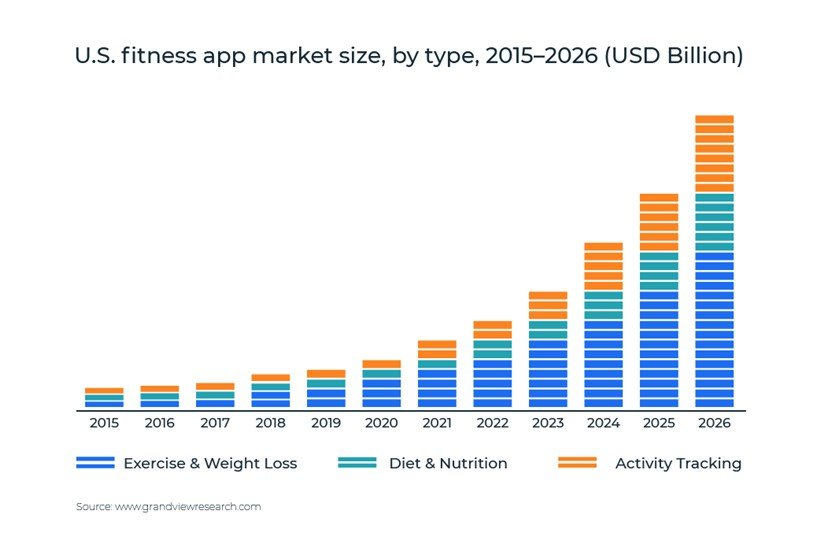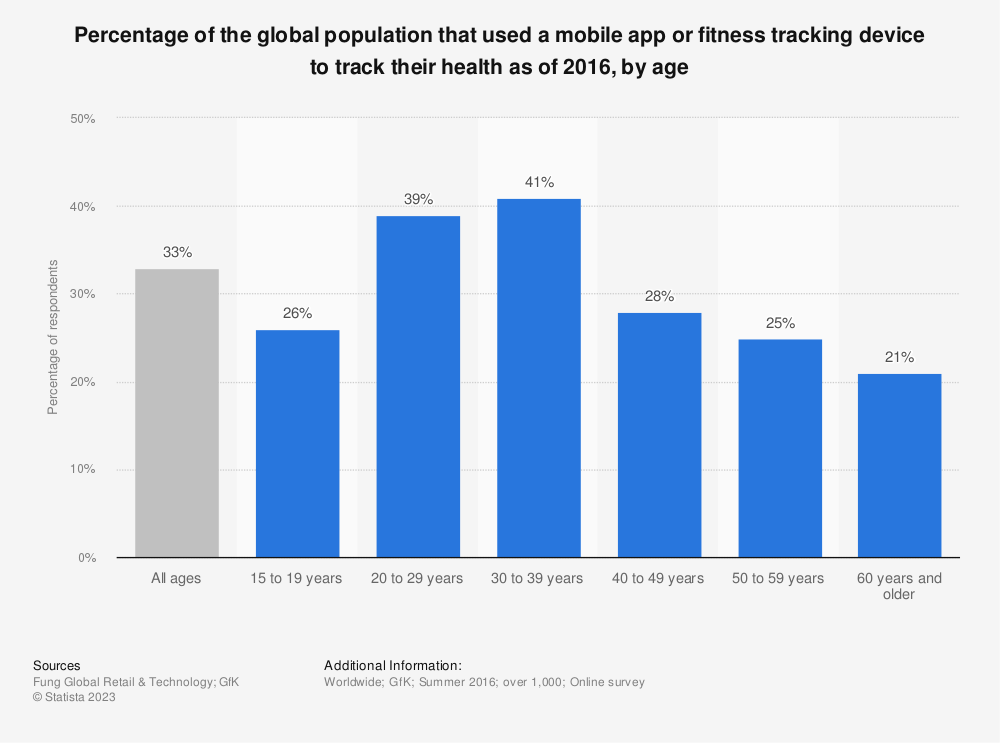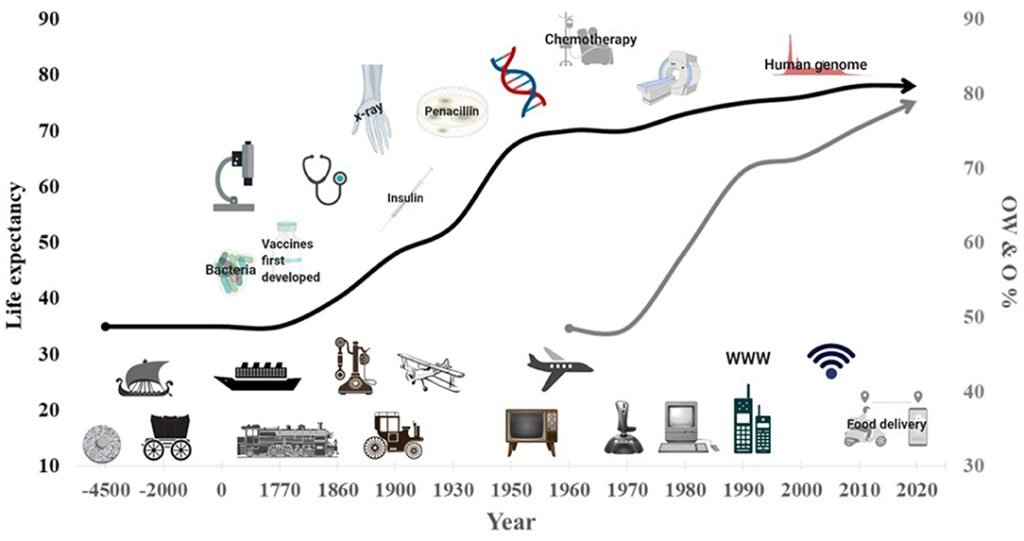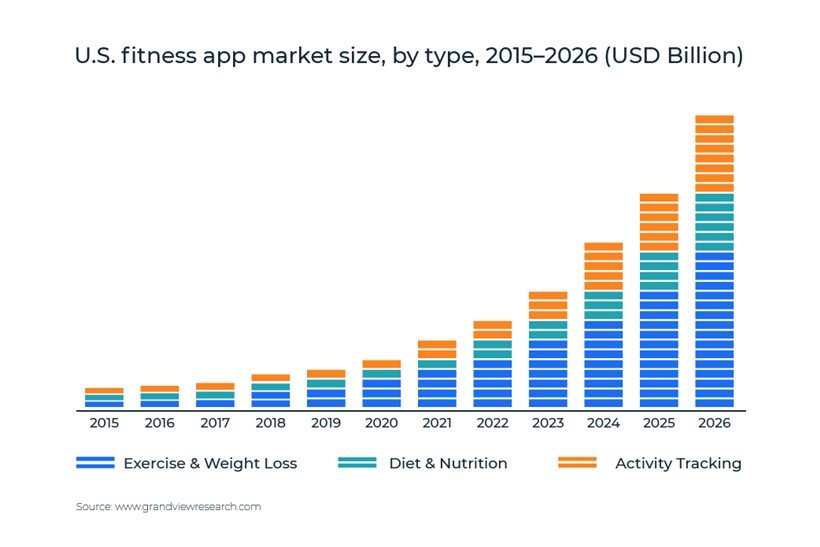In “The Evolution of Fitness Apps in the Age of Technology”, you’ll discover how the world of fitness apps has transformed in the era of rapidly advancing technology. From simple pedometer apps that counted your steps, to comprehensive platforms that track your daily activities, heart rate, and even offer personalized workout routines, the evolution of fitness apps has revolutionized the way we approach health and wellness. This article explores the various ways in which technology has seamlessly integrated into the fitness world, empowering us to take control of our own fitness journeys like never before.
The Evolution of Fitness Apps in the Age of Technology
Introduction to fitness apps and technology
In today’s fast-paced world, staying fit and healthy is a top priority for many individuals. And with the advancements in technology, achieving fitness goals has become more accessible and convenient than ever before. One of the key players in this fitness revolution is the emergence of fitness apps. These powerful tools have changed the way we approach fitness, providing us with personalized guidance, real-time data tracking, and motivational support. Let’s take a closer look at the evolution of fitness apps and how they have transformed the way we stay fit in the age of technology.
The early days of fitness apps
The concept of fitness apps can be traced back to the early 2000s when smartphones started gaining popularity. However, these early fitness apps were quite basic compared to what we have today. They primarily focused on calorie counting and step tracking, providing an elementary level of functionality to users. Despite their limitations, these early apps started paving the way for the digital fitness revolution that was yet to come.

This image is property of savvycomsoftware.com.
The impact of smartphones on fitness apps
With the widespread adoption of smartphones, fitness apps witnessed a significant boost in functionality and usability. Smartphones, equipped with various sensors, allowed for more accurate and comprehensive data tracking. Suddenly, users had access to GPS-based running trackers, heart rate monitors, and even sleep tracking features, all within the confines of their handheld devices. This made it easier than ever before to gather valuable information about one’s fitness progress and set meaningful goals.
Advancements in wearable technology and fitness apps
While smartphones played a pivotal role in the development of fitness apps, wearable technology took things to a whole new level. The introduction of devices like fitness trackers, smartwatches, and even smart clothing brought about a profound shift in the way fitness apps were being used. By seamlessly integrating with these wearables, fitness apps gained the ability to capture an even broader spectrum of health and fitness data. Users could effortlessly monitor their heart rate, track their sleep patterns, and analyze their workout intensity, all through the convenience of their wrists.

This image is property of www.statista.com.
Integration of social media and gamification in fitness apps
As the popularity of fitness apps continued to soar, developers recognized the importance of social engagement and motivation in achieving fitness goals. This led to the integration of social media features directly into fitness apps. Users could now connect with friends, compare progress, and even challenge each other to fitness competitions, creating a sense of accountability and camaraderie. Additionally, developers started incorporating gamification elements, such as earning points, unlocking achievements, and completing challenges, to keep users engaged and motivated on their fitness journeys.
The rise of personalized fitness apps
One of the most notable advancements in fitness apps is the shift towards personalization. With the abundance of data collected through sensors and user inputs, apps began offering tailored workout plans, nutrition advice, and even personalized coaching. AI-driven algorithms analyze the user’s data and provide customized recommendations based on their goals, preferences, and fitness level. This personalized approach revolutionized the way individuals approach fitness, allowing for greater efficiency and results.

This image is property of www.frontiersin.org.
The role of artificial intelligence in fitness apps
Artificial intelligence (AI) has become a game-changer in the world of fitness apps. AI algorithms can analyze vast amounts of user data, identify patterns, and make intelligent predictions. This enables apps to offer advanced features like real-time coaching, automatic exercise detection, and even injury prevention. By leveraging AI, fitness apps can adapt to individual needs and guide users in real-time, helping them optimize their workouts and reduce the risk of injuries.
The future of fitness apps and technology
As technology continues to evolve at an exponential rate, the future of fitness apps holds incredible promise. We can expect further integration of virtual reality (VR) and augmented reality (AR) technologies into fitness apps, providing users with immersive workout experiences from the comfort of their homes. Additionally, the Internet of Things (IoT) is set to revolutionize fitness tracking by seamlessly connecting various smart devices and wearables to create a holistic view of one’s health and fitness. With advancements in biometric sensors and genetic testing, fitness apps may even provide truly personalized insights and recommendations based on an individual’s unique genetic makeup.

This image is property of www.glofox.com.
Challenges and concerns of fitness apps and technology
While fitness apps have undoubtedly revolutionized the way we approach fitness, they are not without their challenges and concerns. Privacy and data security are constant concerns in the digital age, as fitness apps gather a significant amount of personal information. There is also the risk of over-reliance on technology, leading to a decline in physical activity and overall well-being. As with any technological advancement, it is essential to strike a balance and use fitness apps as tools to enhance our fitness journey rather than replace the fundamental principles of a healthy lifestyle.
Conclusion
The evolution of fitness apps in the age of technology has transformed the way we approach staying fit and healthy. From their humble beginnings as basic calorie counters to the sophisticated AI-driven personal trainers we have today, fitness apps continually push the boundaries of what is possible. As technology continues to evolve, we can only expect further advancements in the realm of fitness apps, making it even easier for individuals to track their progress, set meaningful goals, and stay motivated on their fitness journey. However, it is essential to remember that fitness apps are just tools, and it is ultimately our determination and dedication that will lead us to achieve our fitness goals. So, embrace the power of technology, but never forget that your commitment to a healthy lifestyle is what truly matters.



